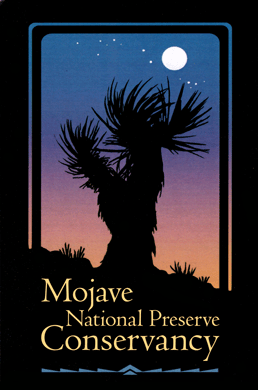Bighorn sheep inhabit the Soda Mountains along the northwestern boundary of the Preserve.
The Mojave National Preserve Conservancy is planning more events in the Preserve for 2017 to build a network of voices that appreciate this landscape. Your Conservancy membership and donation will help us educate the community about the wonders of the Mojave and the threats that it faces.
The Conservancy plans to continue to introduce educators and students to the Mojave in 2017. For many students, visiting the Preserve for a Star Party or field trip is their first opportunity to spend significant time exploring the desert and learning about the Mojave ecosystem. The Conservancy hopes that events like these build a lasting connection, and a stronger community of stewards for the Preserve and surrounding wildlands. If you are an educator interested in a trip to the Preserve, please contact us.
The Conservancy will also remain vigilant in the new year, monitoring plans for transportation, energy and mining projects that could undermine wildlife habitat, groundwater, and the sense of solitude that make these wildlands so special. We will continue speaking up for the protection of this amazing place and keep you informed of opportunities for you to lend your voice.
The Conservancy was busy in 2016 working to support the conservation of remaining desert wildlands surrounding the Preserve. These lands serve as habitat connectivity for diverse wildlife that flourish inside and outside the Preserve, providing much neded resilience to species facing the threat of climate change and habitat loss throughout their range.
The Conservancy spoke up against mining development and poorly sited energy projects, provided input on land management plans, and supported conservation designations. In February the Conservancy applauded President Obama's designation of new monuments, including two neighboring the Preserve - the Castle Mountains and Mojave Trails National Monuments!
The Conservancy this year also added its voice against the Soda Mountain Solar project that would have threatened natural springs supporting wildlife in the Preserve, including the rare Mojave tui chub fish. The project also would have foreclosed options to restore the connectivity of bighorn sheep habitat across Interstate 15. The San Bernardino County Board of Supervisors in August ultimately denied a key permit for the project, stalling the threat for now. As the Supervisors noted in their rejection of the permit, we can generate clean energy on our rooftops or on already-disturbed lands without sacrificing such important wildlife habitat.
